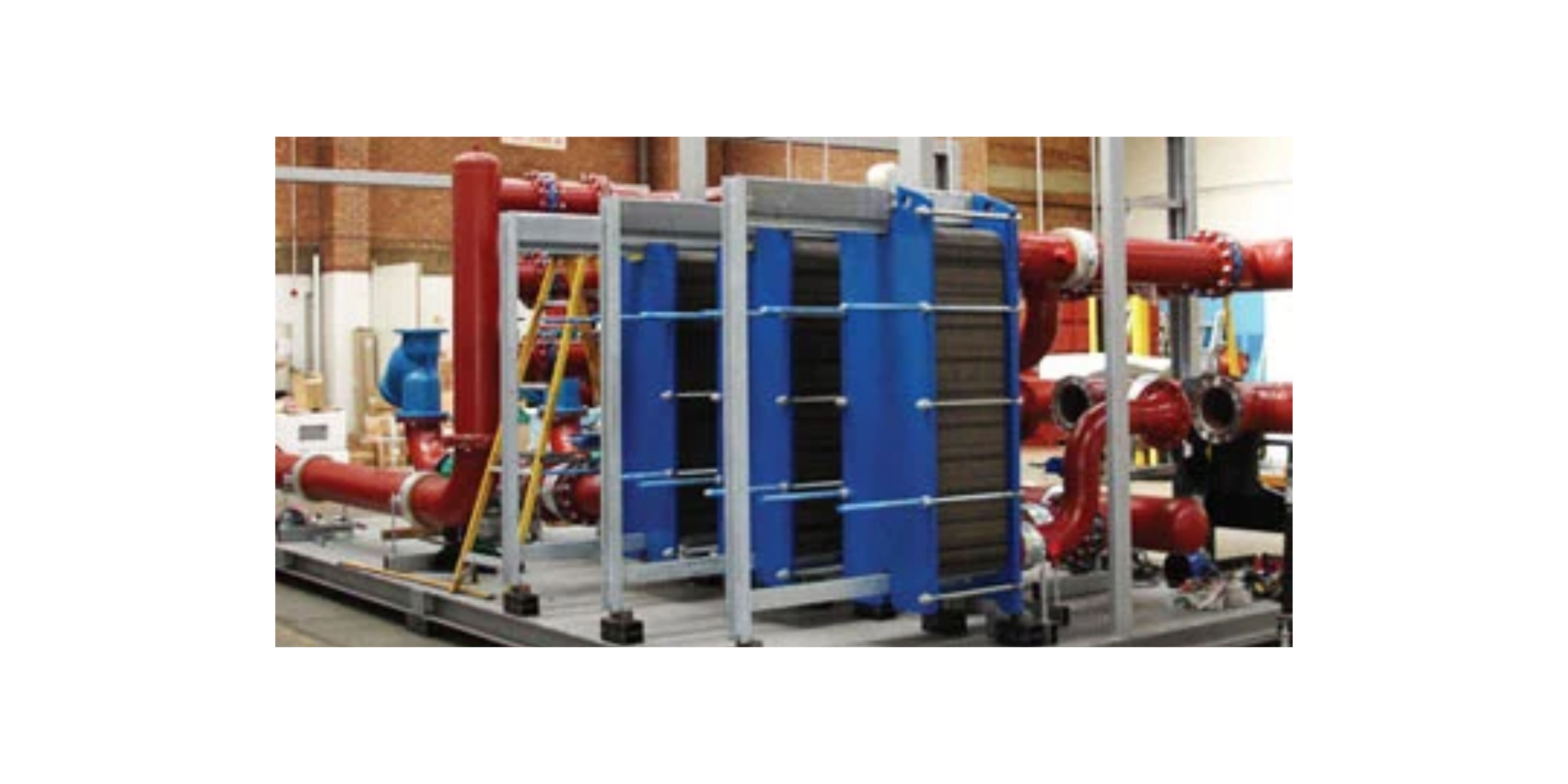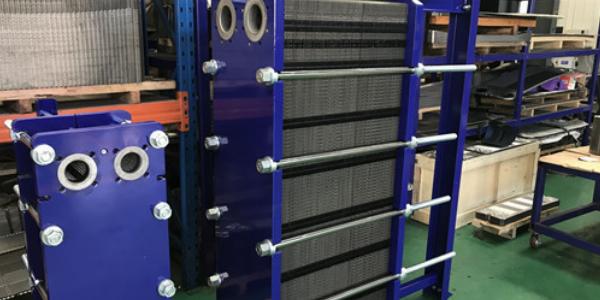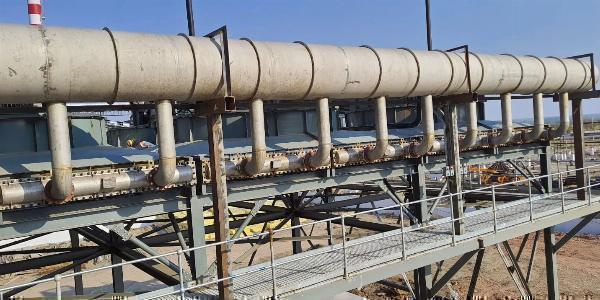 Tiered Link Strategy – Multiply Your SEO Impact Today!
Tiered Link Strategy – Multiply Your SEO Impact Today!
What Are the Best Materials for Retro Insulation?
Written by Criss » Updated on: June 17th, 2025

When it comes to improving the energy efficiency of an existing building, retro insulation is a crucial consideration. Upgrading insulation can significantly reduce energy costs, enhance comfort, and contribute to a more sustainable environment. This blog will explore the best materials for retro insulation, helping you make an informed choice to meet your insulation needs.
Understanding Retro Insulation
Retro insulation refers to the process of adding or upgrading insulation in existing buildings. Unlike new construction, retrofitting insulation requires careful selection of materials and methods to ensure effectiveness without major structural modifications. The goal is to improve thermal performance and energy efficiency while accommodating the constraints of existing structures.
Key Factors to Consider for Retro Insulation
Before diving into the best materials, it’s important to understand the key factors that influence the choice of insulation:
- Thermal Performance: How well the insulation material resists heat flow, measured by R-value.
- Moisture Resistance: The material’s ability to resist water absorption and prevent mold growth.
- Installation Ease: How easily the material can be installed in existing structures.
- Environmental Impact: The sustainability and environmental footprint of the insulation material.
- Cost: The material’s cost-effectiveness, including both installation and long-term benefits.
Top Materials for Retro Insulation
Here are some of the best materials for retro insulation, each with its own set of advantages:
1. Fiberglass Insulation
Fiberglass insulation is a popular choice for retro insulation due to its effectiveness and affordability. It comes in batts, rolls, or loose-fill forms and is known for its good thermal performance.
Advantages:
- High R-value per inch of thickness.
- Non-combustible and resistant to moisture.
- Relatively easy to install in existing wall cavities and attics.
Considerations:
- Proper installation is crucial to avoid gaps that can reduce effectiveness.
- Fiberglass can irritate the skin, eyes, and lungs during installation.
2. Cellulose Insulation
Cellulose insulation is made from recycled paper products and is an eco-friendly option for retro insulation. It is typically installed as loose-fill in attics and wall cavities.
Advantages:
- High R-value per inch.
- Made from recycled materials, making it an environmentally friendly choice.
- Excellent at filling gaps and voids.
Considerations:
- Requires professional installation to ensure proper density and coverage.
- Must be treated for fire resistance.
3. Spray Foam Insulation
Spray foam insulation expands on application to fill gaps and cracks, making it ideal for retrofitting irregular or hard-to-reach areas.
Advantages:
- Provides a high R-value and excellent air sealing.
- Expands to fill gaps, reducing air leaks and improving energy efficiency.
- Acts as both insulation and an air barrier.
Considerations:
- Higher cost compared to other insulation types.
- Requires professional installation.
4. Rigid Foam Board Insulation
Rigid foam board insulation comes in various types, including polystyrene (EPS, XPS) and polyisocyanurate. It is often used in areas where space is limited, such as basement walls or under concrete slabs.
Advantages:
- High R-value per inch of thickness.
- Moisture-resistant, making it suitable for areas prone to dampness.
- Easy to cut and fit into various spaces.
Considerations:
- Can be more expensive than fiberglass or cellulose.
- Installation must be precise to avoid gaps.
5. Reflective or Radiant Barrier Insulation
Reflective or radiant barrier insulation is used primarily in attics to reduce heat gain from the sun. It consists of a reflective surface that reflects radiant heat away from living spaces.
Advantages:
- Effective in reducing cooling costs in hot climates.
- Easy to install, often simply stapled to rafters in attics.
Considerations:
- Best suited for specific applications and climates.
- Provides minimal insulation value compared to other materials.
Choosing the Right Material for Your Needs
Selecting the best insulation material for your retrofitting project depends on various factors, including:
- Climate: In colder climates, materials with high R-values like spray foam or fiberglass may be preferred. In warmer climates, radiant barriers can be effective in reducing heat gain.
- Building Structure: Consider the existing structure and accessibility when choosing materials. For example, spray foam is ideal for irregular spaces, while rigid foam is great for flat surfaces.
- Budget: Evaluate both upfront costs and long-term savings. Higher initial costs for materials like spray foam may be offset by greater energy savings over time.
Considering Metal Roofing Near Me
When upgrading insulation, it's also a good time to consider the condition of your roofing. If your building has an old or damaged roof, you might want to explore options for metal roofing near me. Metal roofs can enhance energy efficiency and complement new insulation by offering better protection and durability.
Conclusion
Choosing the best materials for retro insulation involves balancing thermal performance, moisture resistance, ease of installation, and cost. Fiberglass, cellulose, spray foam, rigid foam board, and reflective barriers each offer unique benefits for different applications. By understanding your building's needs and the specific characteristics of each insulation material, you can make an informed decision that improves energy efficiency and comfort. Additionally, if you’re considering an upgrade to your roofing, exploring options for metal roofing near me can provide enhanced protection and complement your insulation efforts.
Note: IndiBlogHub features both user-submitted and editorial content. We do not verify third-party contributions. Read our Disclaimer and Privacy Policyfor details.
Copyright © 2019-2025 IndiBlogHub.com. All rights reserved. Hosted on DigitalOcean for fast, reliable performance.













